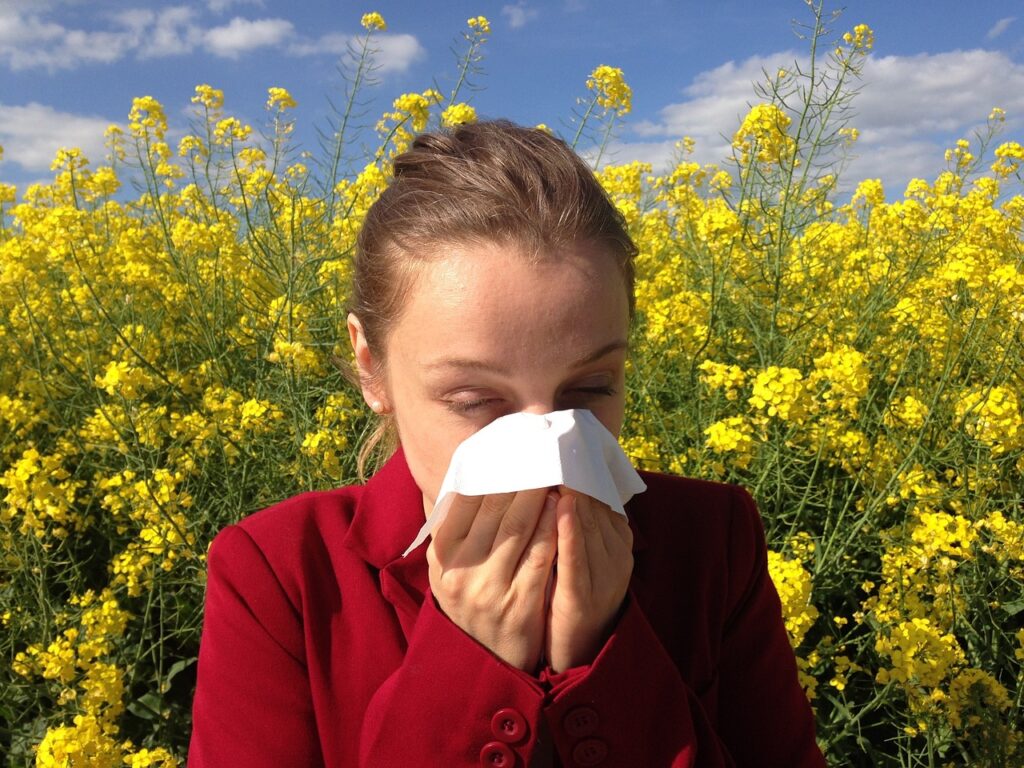Understanding Seasonal Allergies
Spring is a beautiful time of year, but it also brings a surge in pollen and other allergens. Common allergens include tree pollen, grass pollen, and mold spores. Symptoms of seasonal allergies can range from sneezing and itchy eyes to fatigue and headaches. These allergies can significantly impact your family’s health, making it essential to manage them effectively..

Natural Remedies
In addition to preventive measures, natural remedies can provide relief:
Herbal teas and supplements**: Ingredients like chamomile and nettle can help soothe allergy symptoms.
Saline nasal rinses**: These can clear out allergens from your nasal passages.
Essential oils for relief Oils like eucalyptus and peppermint may help ease congestion.
1. Manage Seasonal Allergies
- Keep windows closed to avoid pollen entering your home.
- Use air purifiers to help reduce allergens indoors.
- Practice regular cleaning toSummer Safety: Sun Protection
- 2.1 Importance of Sunscreen
- Protecting your skin from the sun is vital during the summer months. Choose a broad-spectrum sunscreen with an SPF of at least 30.
- Application tips for families: Apply sunscreen generously to all exposed skin, including ears and the back of the neck.
- Reapplication guidelines**: Reapply every two hours, or more often if swimming or sweating. eliminate dust and mold, which thrive in the spring.
- Consider natural remedies, such as herbal teas or saline nasal rinses, to ease allergy symptoms.
2. Stay Hydrated
With the rising temperatures, staying hydrated is crucial. Drinking enough water helps your body detoxify and maintain its energy levels. Remember to carry water with you and drink regularly.
3. Boost Your Immune System Naturally
Spring is also a great time to start incorporating immune-boosting foods like citrus fruits, leafy greens, and garlic. These foods are rich in vitamins and minerals that support your body’s defense against allergens and viruses.

